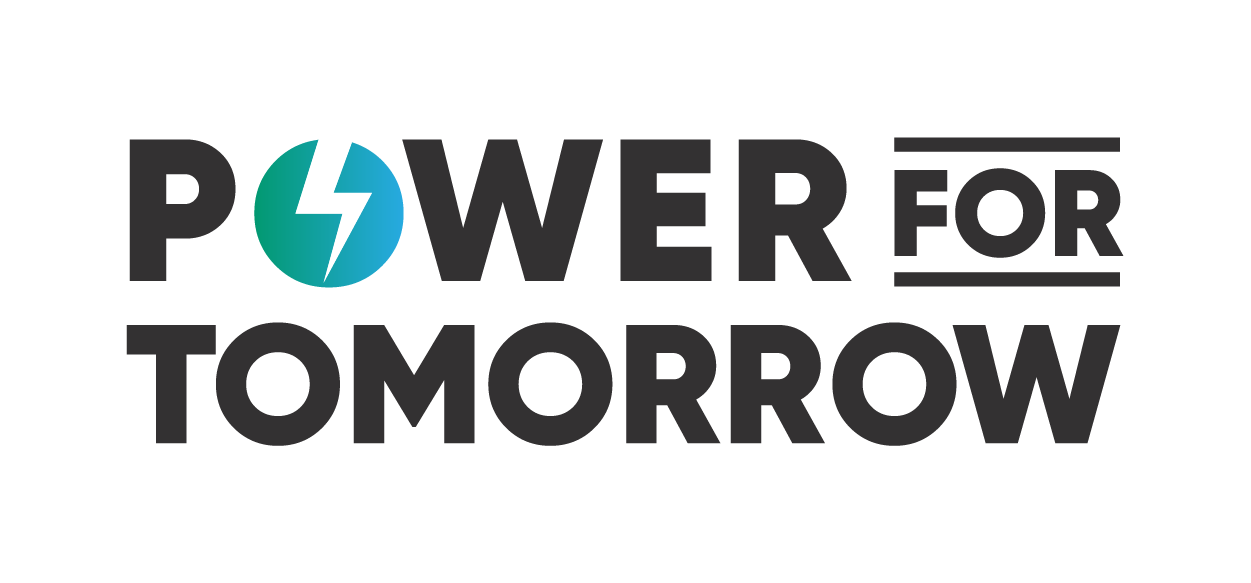A Response to HBO’s John Oliver
HBO’s John Oliver this week waded into the world of electricity policy with an extended take on utilities, monopolies, and regulation. To the extent Mr. Oliver’s piece is intended to be taken as a serious policy critique – and not just a hit piece orchestrated by the rooftop solar industry – there are several glaring problems with his monologue. Perhaps the biggest, is his inability to articulate any vision of how electricity should be delivered reliably, and at a reasonable cost in the absence of regulated monopolies. Unless you believe in a world where electricity wires simply do not exist, and every home and business is an island unto itself, then there is not a way around a regulated monopoly utility at some level.
Mr. Oliver doesn’t offer any workable vision for how thigs should change, and he doesn’t really try since it is always easier to offer criticism than solutions. He makes passing reference to having government just run it all – but then dismisses that as unlikely. It is a strange argument considering he spends much of his piece belittling government officials who he says cannot be trusted to regulate the grid, but then suggests that same government should run it instead. He leaves out that most Americans would be aghast at turning the nation’s electricity supply over to the same entity that gave us the VA healthcare scandal, and loses mail on a regular basis. His only other suggestion is to encourage regulators to consider “performance based regulation,” which is actually sound advice, but hardly original thinking since regulators have been implementing it for decades.
While undefined, he seems to embrace a new electric utility regulatory model: retail choice and sole reliance on distributed generation. In Mr. Oliver’s regulatory model, no company has an obligation to serve, no company makes regulated investment, and rooftop solar simply powers the economy.
Easy right? Mr. Oliver shows the Reddy Kilowatt as a mascot, but the best graphic to show Mr. Oliver’s grid of the future is the black screen at the end of his piece. That adequately captures the state of deregulated Texas during Winter Storm Uri and what every night looks like with our distributed generation-only future.
Perhaps with a bit of self-reflection on his energy future of darkness, Mr. Oliver might also discuss a wild new concept – one where energy efficiency, renewables, and competition drive down emissions and make progress towards solving the climate crisis. This latter idea seems better than the first one from a safety, reliability, and accountability perspective. In fact, it sounds a lot like integrated resource planning (IRP) because that is what IRP is. Regulated utilities, not rooftop solar, kept the lights on during Winter Storm Uri. IRP is moving utilities deeper and faster toward emission reduction objectives than the vague notions embraced by Mr. Oliver.
One final observation: while the regulated utility is not perfect, and Mr. Oliver uses his comedic skills to illustrate that, it also should not go without mention that many of the scandals Mr. Oliver focuses his time on are from states (California, Ohio) where electricity generation has been deregulated. Instead, in these states it is owned by the merchant owners that he supposedly prefers. Oops – that kind of undercuts his thesis. Maybe the show’s producers can catch that in quality control next time.
